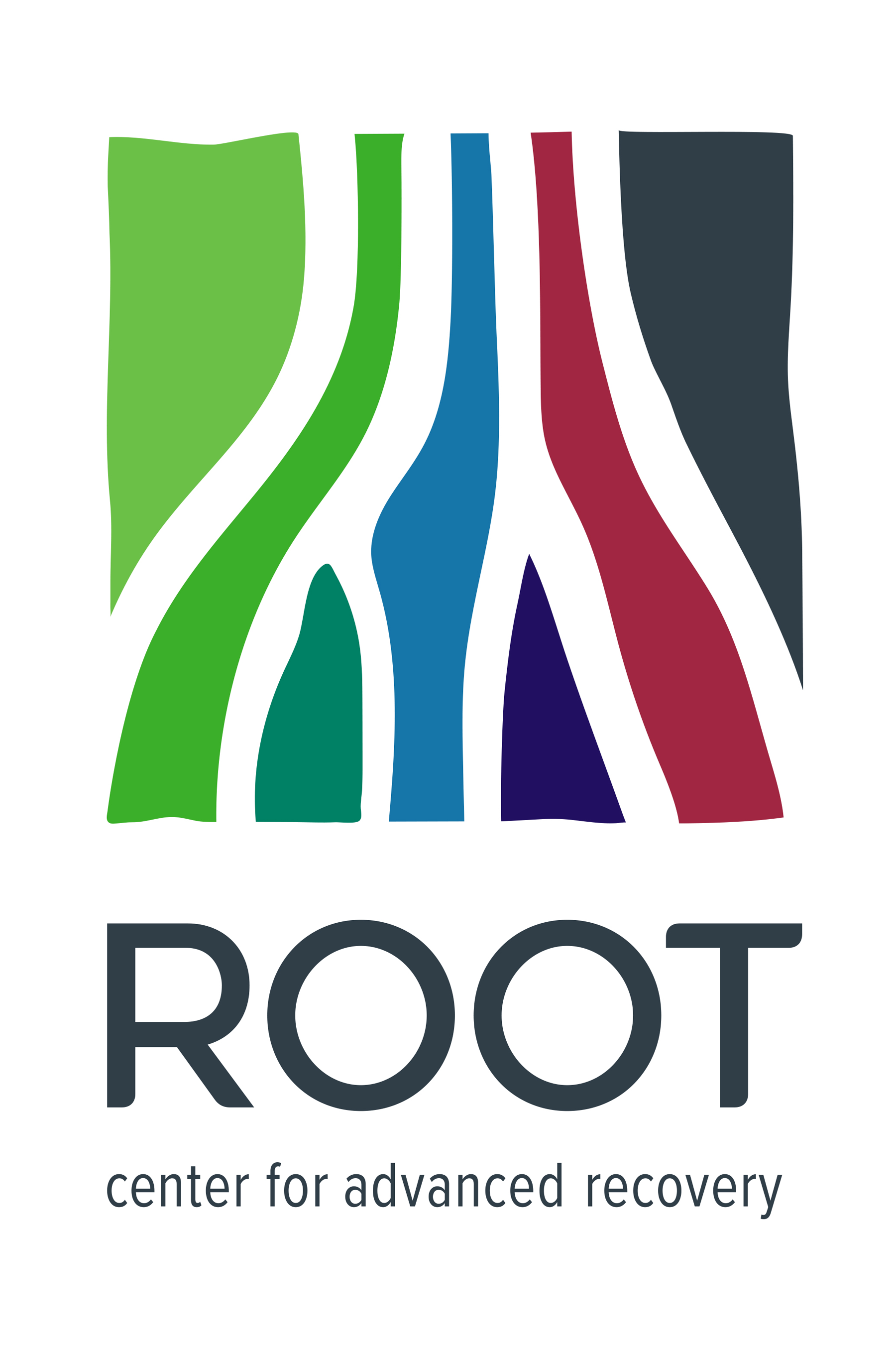Medication Assisted Treatment
The goal of Medication Assisted Treatment is sustained recovery and ability to live a more self-directed life. It has been shown to improve patient quality of life, increase retention in treatment, decrease substance use and more.
SERVICES | MEDICATION ASSISTED TREATMENT
What is Medicated Assisted Treatment?
MAT uses medications in combination with counseling and behavioral therapies to provide a holistic care. The goal of MAT is sustained recovery and an ability to live a more self-directed life.
MAT has been shown for:
- Improve patient quality of life
- Increase retention in treatment
- Decrease illicit opioid and other drug use
- Decrease rates of infections (HIV, Hep. C, etc.) and other morbidity related to substance use
- Decrease crime rate in communities
- Increase patients’ ability to gain and maintain employment
- Improve birth outcomes among women who have substance use disorders and are pregnant
- Increase ability to maintain positive, productive, and sustained family relationships
SERVICES | MEDICATION ASSISTED TREATMENT
MEDICATIONS TO SUPPORT SUSTAINED RECOVERY
These approved medications assist with urges, cravings, withdrawal symptoms, and some act as a blocking mechanism for the euphoric effects of alcohol and opioids.
In alignment with best practice standards, Root Center uses MAT in combination with comprehensive, evidence-based psychotherapeutic programming to help individuals progress in their recovery journey. Buprenorphine, methadone, and naltrexone are the three primary FDA-approved medications that are used in the treatment of opioid use disorders (OUDs). All three have been clinically proven to be safe and effective in treating OUDs and are critical tools in helping individuals achieve a long-term recovery.
Taking medication for an OUD is the same as taking medication for any other chronic disease. You should never allow embarrassment or stigma stop you from getting help and support.


